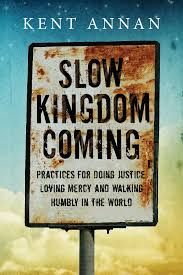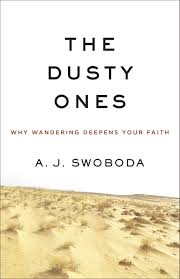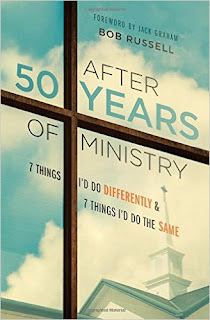AUTHOR: Pat Cimo and Matt Markins
PUBLISHER: Chicago, IL: Moody Publishers, 2016, (176 pages).
How do we drive real change? What does it take to be a change agent in children's ministry? Is it about following the latest trends about children's work? Is it about trying to maintain relevance in a sea of changing expectations? Is it about attractive programs? No. It starts with being a change agent for God. In order to be change agents, we must first be changed. In order to be part of God's ministry to drive change, we must be transformed by God and be renewed in our hearts and minds. In order to lead kids ministry, we must be led. In order to be part of real change in ministry, we must be changed from the inside out. This is the key thesis in this book that aims to encourage and empower leaders and leaders to be in kids ministry.
We first need to get ministry right by recognizing that change is a process. It is not an isolated one-time event. We need to be clear about what we want to happen and what we need to do. It is about gaining perspective and to communicate it clearly to our co-workers. It is about gaining self-awareness. This can be facilitated with various tools to help us find our strengths and weaknesses. Leaders in Kids Ministry need to be empowered by senior leaders, something that this book also describes later. The chapter on "Running Toward Your Problem" is a crucial test of our willingness to face up to our challenges. Are we running away or toward? Are we humble enough to ask for help and feedback? Are we able to partner with other volunteers, senior leadership, parents, and others? Truth is, far too many kids ministry leaders do it alone. In order to reverse this trend, the authors propose nine steps toward healthy partnership.















